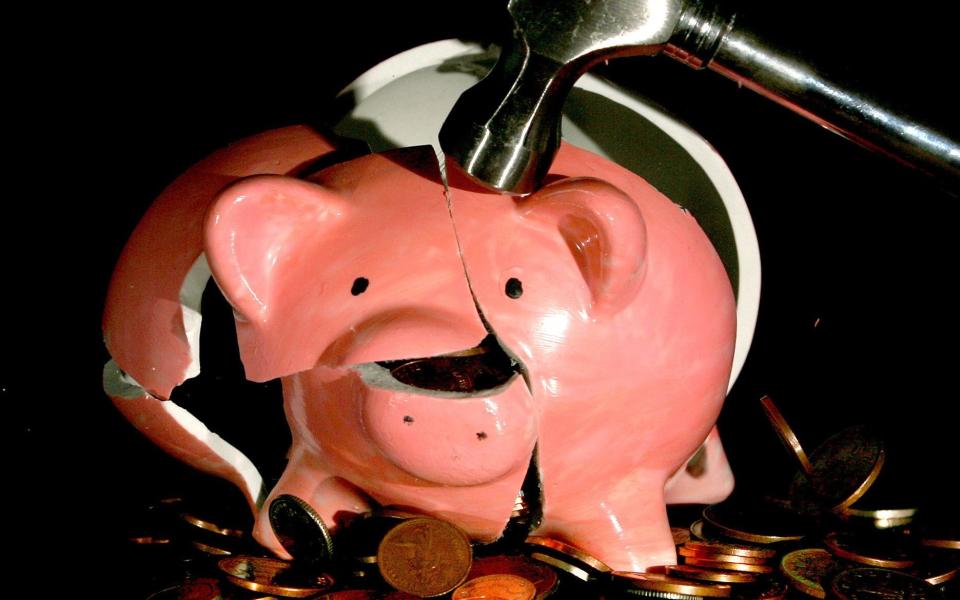Savers taking a fifth more from pension pots just to get by

Savers have had to raid pension pots to cope with the rising cost of living, new figures from HM Revenue & Customs have shown.
More than 500,000 pensioners withdrew an average of £7,200 - a total of £3.6bn - between April and the end of June.
This was the highest amount since spending pensions became more flexible in 2015 and is 23pc higher than the same period in 2021.
Stephen Lowe, of the retirement specialist Just Group, said the more savers accessing savings earlier than planned could threaten their long-term financial health.
He said: “The worry is that people are taking a chunk out of their pension for the first time to tide them over but are unaware of the long-term consequences.
“They may plan to make up for what they’ve withdrawn, but by triggering the money purchase annual allowance they significantly limit the tax relief future pension savings will attract - making that saving much harder work.”
Prime Minister Liz Truss has pledged to reinstate the state pension triple lock next April - which means the benefit could rise by as much as 10pc.
But experts warned this would still not be enough for many to navigate the worst cost-of-living crisis in a generation.
John Greer, of the wealth manager Quilter, said: “While the state pension will rise with inflation going forward and help offset some of the costs it will be far from enough for people to rely on.
“As such, this big jump is likely just the start and more and more people may need to access their pension to pay for their spiralling bills as we enter a fiscally difficult time.”
Meanwhile, the Treasury banked £382m from savers who breached pension tax allowances, according to pensions consultancy LCP.
Savers paid £382m to HMRC in the 2020-21 tax year after breaching the pensions lifetime allowance. This limits how much people can save into a pension tax free at £1.1m. The amount paid in tax was 11pc higher than the year before.
More than £100m was paid by savers taking out lump sums and £281m came from charges on withdrawals taken as income.

